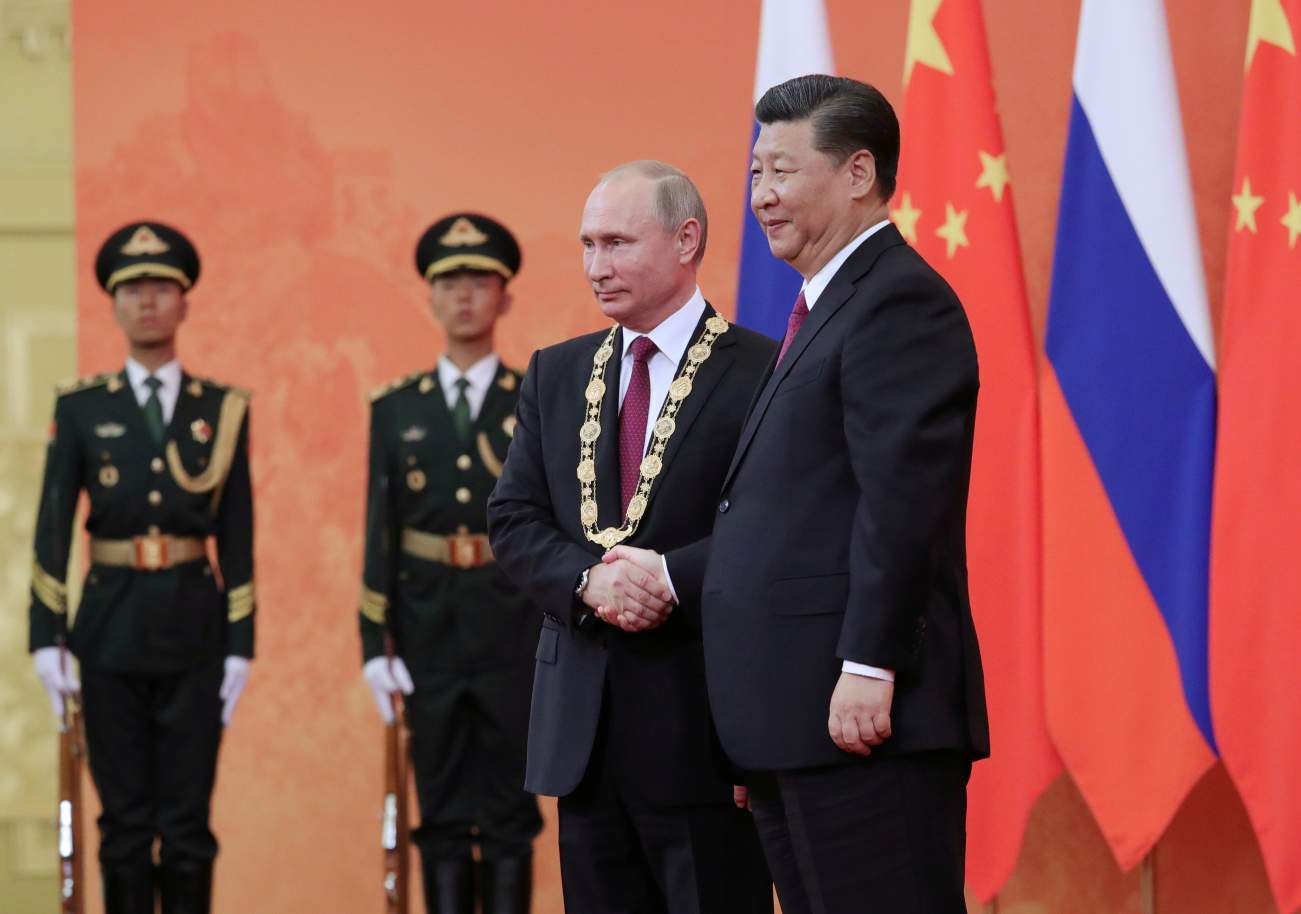Prerna Sharma
Connectivity is a prime factor in determining livability, employment and growth in a country. In this view, a well-connected India provides the prospect of a better India—from better access to services to better livelihoods and opportunities. Setting out to understand how connectivity in India had improved over time, we decided to track advances in three basic pillars of infrastructure and access – Roads, Teledensity and Electricity. In doing so, we relied on open-source government data to understand trends across time and states (and, where possible, districts).
The literature on the connection between all three pillars of infrastructure and economic growth is well-documented. Research shows that accessible and equitable infrastructure has long-term economic benefits. It can raise economic growth and productivity while having significant positive spillovers in increasing access to labour markets and reducing transaction costs.


















